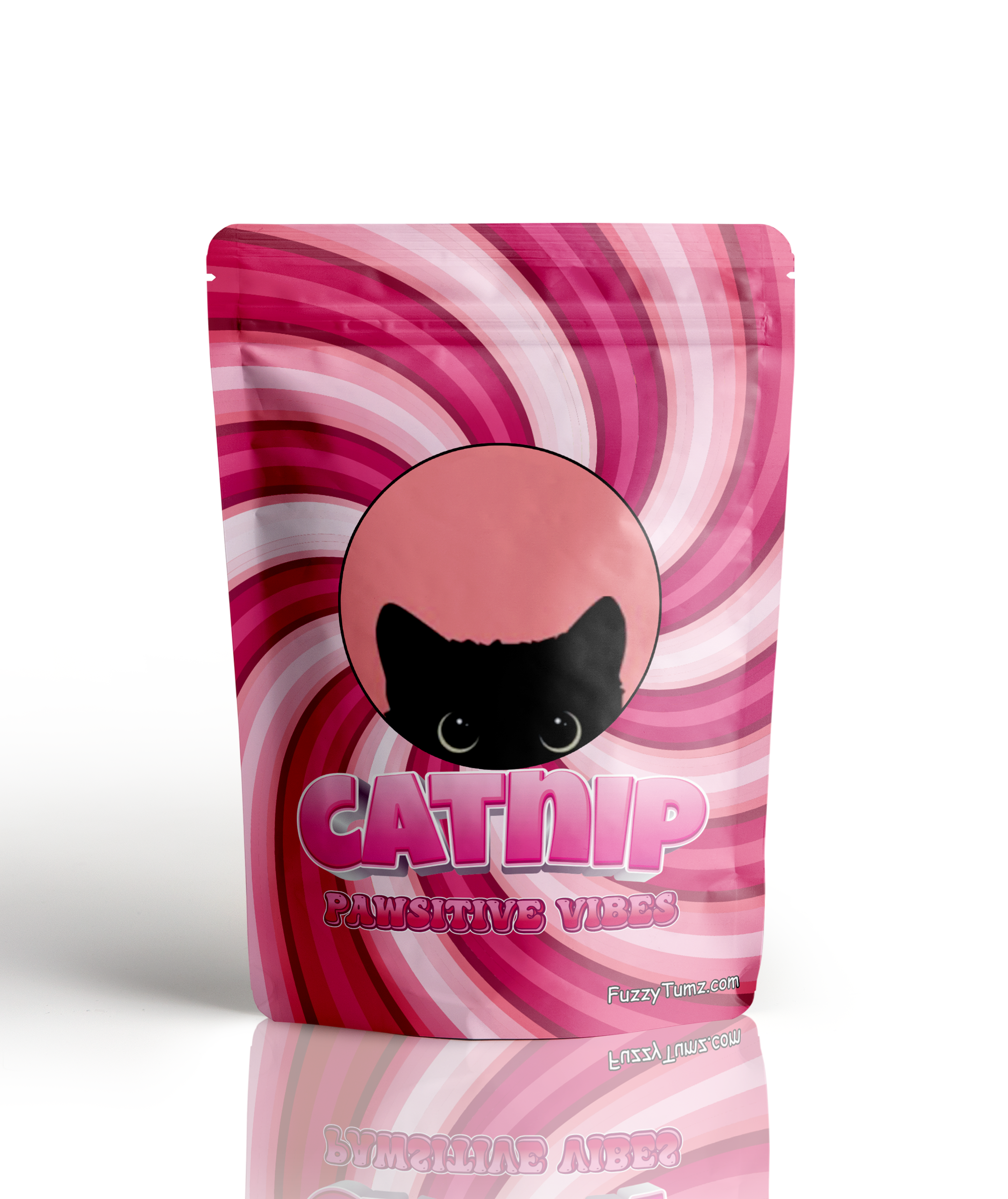Home » Cat Plants » Ragwort Plant Dangers: How It Can Harm Your Cat?

Ragwort, also known as tansy ragwort or Senecio jacobaea, is a flowering plant that can be toxic to cats if ingested. While cats are not typically allergic to ragwort in the traditional sense, consuming any part of the plant can lead to serious health issues.
Ragwort contains pyrrolizidine alkaloids, which are poisonous compounds that can cause liver damage in cats. This plant is commonly found in pastures, meadows, and along roadsides in Europe, North America, and Australia.
Ingestion may cause mild gastrointestinal upset, but is generally not life-threatening.
Ingestion can result in mild symptoms like vomiting, diarrhea, or drooling. Rarely fatal but may require veterinary care.
Eating these plants can lead to more pronounced symptoms like abdominal pain, lethargy, or difficulty breathing. Veterinary intervention may be necessary.
Ingesting even small amounts can cause severe symptoms like organ damage, seizures, or cardiac failure without rapid treatment.
All parts of these plants are extremely poisonous to cats and can quickly lead to death, even with immediate veterinary care.
** Please note: Please note that toxicity level can vary based on the amount ingested and the specific cat. It's always best to keep these plants completely inaccessible to cats and seek immediate veterinary care or call the poison hotline if you suspect your cat has ingested any part of a toxic plant.
If a cat has ingested ragwort, they may experience various symptoms depending on the amount consumed and the duration of exposure. Some common symptoms include:
If you suspect your cat has ingested ragwort, it is crucial to seek veterinary care immediately. Your veterinarian may follow these steps to diagnose and treat your cat:

A: Yes, Ragwort is toxic to cats. It contains pyrrolizidine alkaloids, which can cause liver damage, vomiting, and neurological issues if ingested.
A: If a cat eats Ragwort, it may experience symptoms like vomiting, lethargy, and liver failure. Immediate veterinary attention is necessary to prevent further complications.
A: Yes, all types of Ragwort, including Golden Ragwort and Purple Ragwort, are toxic to cats. These plants contain dangerous toxins that can harm a cat’s liver and overall health.
A: Even small amounts of Ragwort can be harmful to cats. Ingesting any part of the plant can result in toxic reactions, so it’s crucial to prevent your cat from accessing it.
A: Ragwort poisoning can be fatal in cats if left untreated. The plant’s toxic compounds can lead to severe liver damage and other life-threatening conditions.
A: If your cat ingests Ragwort, contact your veterinarian immediately. Quick intervention is essential to reduce the toxic effects and ensure your cat’s safety.
Ragwort is a biennial or short-lived perennial plant native to Europe and Asia. It was introduced to North America and Australia, where it has become an invasive species.
Historically, ragwort was used in traditional medicine for various purposes, such as treating wounds and reducing inflammation. However, its toxic properties were not well understood until the 20th century when research revealed the presence of pyrrolizidine alkaloids and their harmful effects on livestock and other animals.
Please note: The information shared in this post is for informational purposes only and should not be considered as veterinary medical advice.
